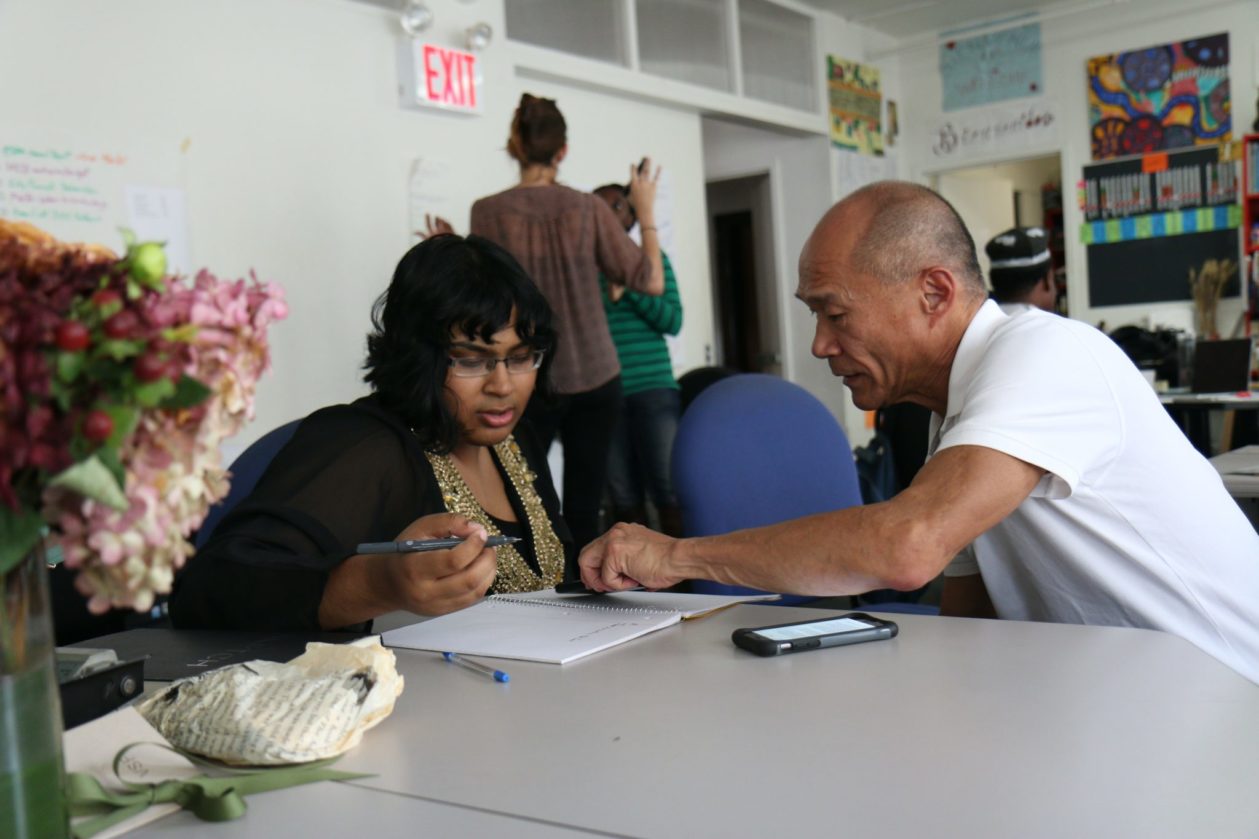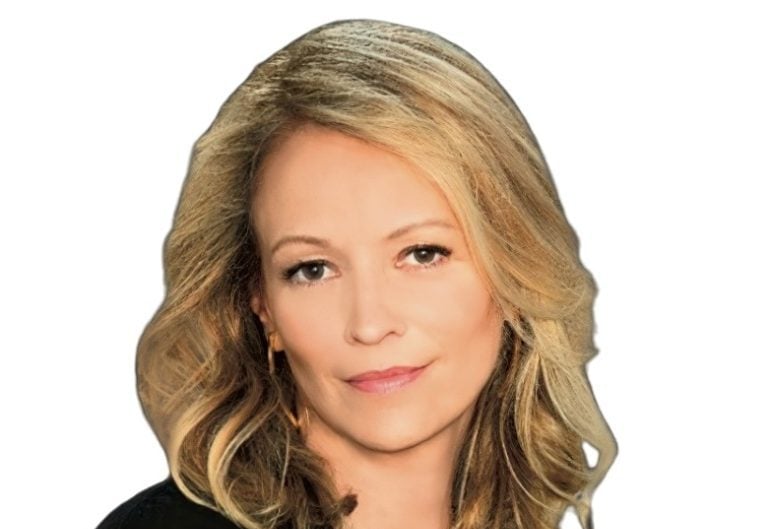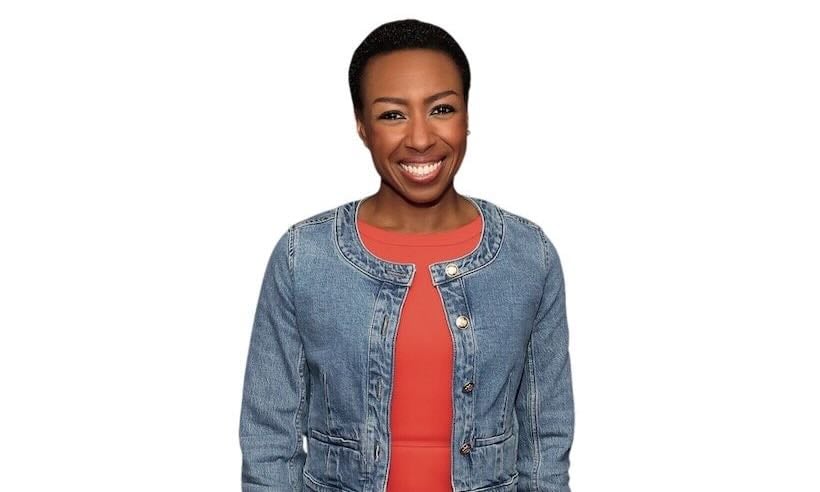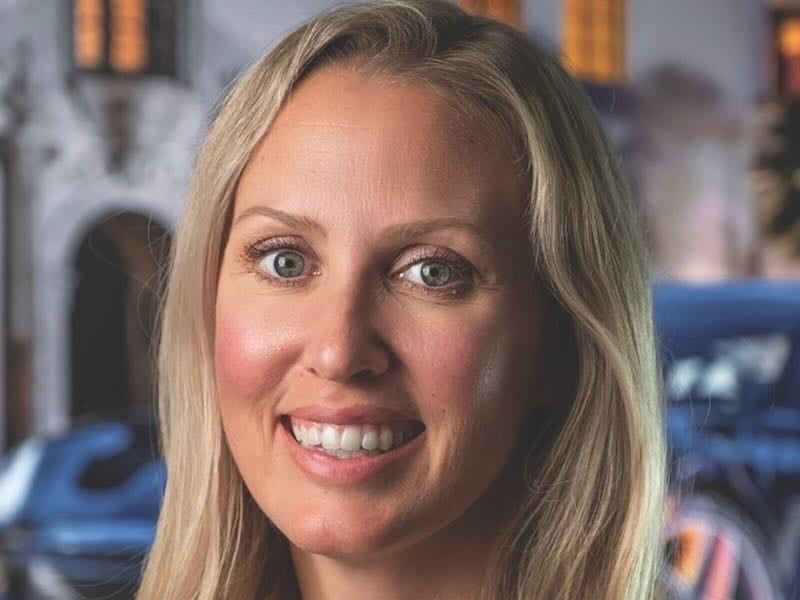The pandemic has brought on challenges that many of us did not anticipate, but along with it comes the opportunity for good leadership and elevating ideas and principles that enable us to advocate for worthy causes. With movements calling for diversity, equity and inclusion in workplaces and in our societies, we are at a crucial point for making impactful changes that can make a world of difference even during these trying times.
During the Women & Worth Summit: Actions Speak Louder Than Words, Ronan Dunne, CEO of Verizon Consumer Group, and Worth CEO Juliet Scott-Croxford discussed what it means to be an audacious advocate. Tapping into Dunne’s 30 years of experience as one of the longest-serving CEOs of the telecom industry, and now as the leading force at Verizon, where under his leadership, the company was ranked number one on Forbes’s Corporate Responders list, Dunne believes that to drive impactful change, companies should set the conditions to align with intentionality and be willing to do what it takes to push for that change, noting that if there’s a will, “the coalition of the willing will prevail.”

So how do we advocate for diversity, equity and inclusion in the workplace in such dire times? Using his celebrated action plan with Verizon as an example, Dunne emphasized the importance of providing a fair chance for everyone—regardless of race, gender or beliefs. He cited how as a company, Verizon is like a melting pot of diversity, promoting inclusivity within its business structure and matching talent to opportunity to ensure that everybody gets a fair chance to be the best that they can be at what they do.
“Doing the right thing will always make ‘business’ sense,” Dunne said, and indeed, Verizon is embedding their values into the roots of its business, believing that investing in their employees leads to a better output overall. From there, Dunne spoke strongly about making a business like a “home” for those working there, stating that “inclusion is making sure that [all employees] have somewhere to go to the bathroom that day.”
With the onslaught of globalization and a diversified workforce, it is important to have a sense of belonging that comes from inclusive measures in the workplace, for companies to not just state their values but to really integrate them into everything they do to celebrate that diversity and create genuine equitable practices. “They need to find a home in your organization,” said Dunne. To perfectly summarize what gives a business an ideal drive, Dunne pointed out that “the greatest motivation [for companies] is that each individual [employee] believes the business is different because they are there.” Proving his point yet again that true change comes from within—an internal compass—with which company leaders need to tap into and advocate for.

Scott-Croxford asked Dunne, “What does success look like to an audacious advocate?” Dunne responded, “It looks like the success that your children would be proud of.” Dunne explained how the tables have turned and our generation is now the teachers—all the more signifying how important that these essential values be practiced and passed on.
As I reflected on this discussion, it became clear to me how important company values are, as well as the leaders that enforce them. Oftentimes, it is easy to speak about what we stand for, but “walking the walk” is an entirely different matter. As Dunne’s example would show us, it takes good, responsible leadership at every level to enact those changes and values in creating a lasting impact within and throughout an organization. To realize these ideals of a more diverse, equitable and inclusive workplace, there has to be a corporate sense of responsibility and intent to advocate for these principles—and the best way to do that? Just like a piece of good writing: Show, not tell.
















